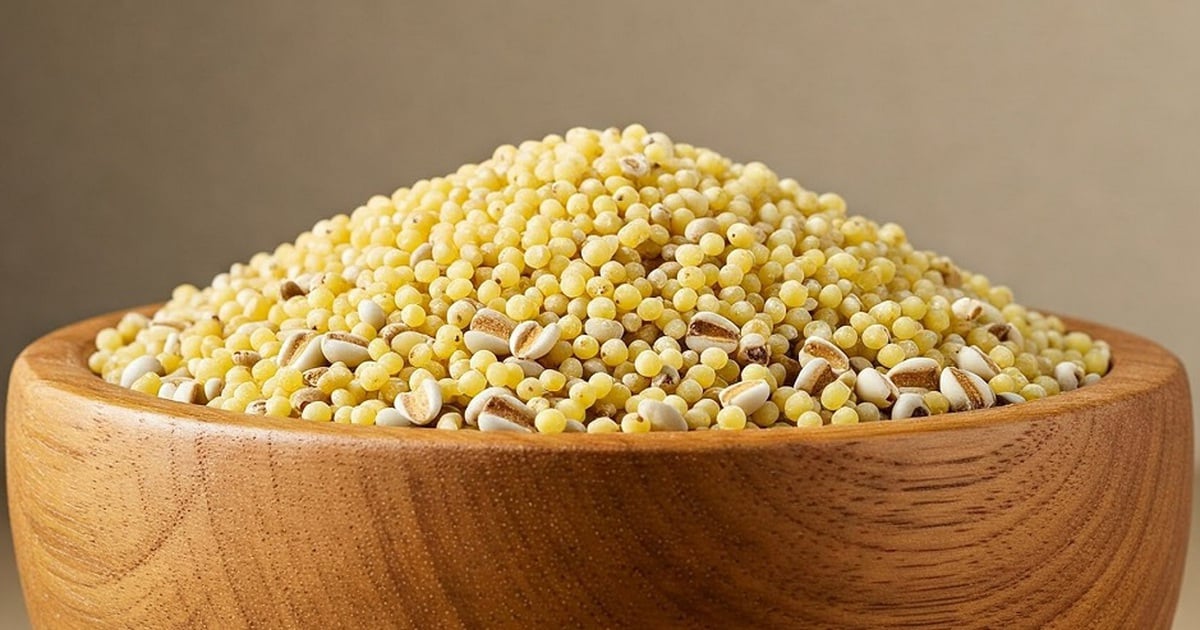Specifically, according to Business Insider , before the ban took effect on August 1, Szmyd had amassed a collection of about 3,500 incandescent light bulbs.
Szmyd is a member of a Facebook group called "Antique Incandescent Bulb Collectors," which was active long before the ban went into effect.
The group is for light bulb enthusiasts, where members share updates on their collections, help each other identify specific bulb models, and answer related questions. Chad Shapiro, the group’s administrator, said in a Facebook post that the group focuses primarily on vintage bulbs made before the 1940s.

Kevin Szmyd shows off his collection of incandescent light bulbs
BUSINESS INSIDER SCREENSHOT
Some, including Szmyd, believe the government is overreacting by removing some light bulbs from the market. Szmyd told Business Insider that he doesn't think the government should interfere with consumer decision-making.
Szmyd said he contacted all the light bulb sellers in his area before the ban went into effect and even shopped around on platforms like Facebook, Craigslist, and eBay. He also said he has enough bulbs to last him the next 75 years.
Szmyd isn't the only one who's decided to stock up on incandescent bulbs. Kathleen Parker, a Washington Post columnist, said she bought 200 bulbs because she liked the "warm, pink glow" that incandescent bulbs gave off compared to LEDs.
The ban on incandescent bulbs in the US was introduced to save consumers money and energy. While LEDs may cost more initially, they last 25 to 50 times longer than incandescent bulbs, meaning consumers will save money in the long run.
The new regulations also only allow the sale of bulbs that meet a certain level of efficiency. However, bulbs purchased before the ban took effect will not be confiscated.
The US Department of Energy estimates that the new regulation will save the US population $3 billion (VND72,200 billion) per year. In addition, the use of LED lights also helps protect the environment because it is estimated that by 2053, carbon emissions will decrease by 222 million tons if the ban is implemented.
Source link


![[Photo] Looking back at the impressive moments of the Vietnamese rescue team in Myanmar](https://vstatic.vietnam.vn/vietnam/resource/IMAGE/2025/4/11/5623ca902a934e19b604c718265249d0)



![[Photo] "Beauties" participate in the parade rehearsal at Bien Hoa airport](https://vstatic.vietnam.vn/vietnam/resource/IMAGE/2025/4/11/155502af3384431e918de0e2e585d13a)
























![[Photo] Summary of parade practice in preparation for the April 30th celebration](https://vstatic.vietnam.vn/vietnam/resource/IMAGE/2025/4/11/78cfee0f2cc045b387ff1a4362b5950f)



























































Comment (0)